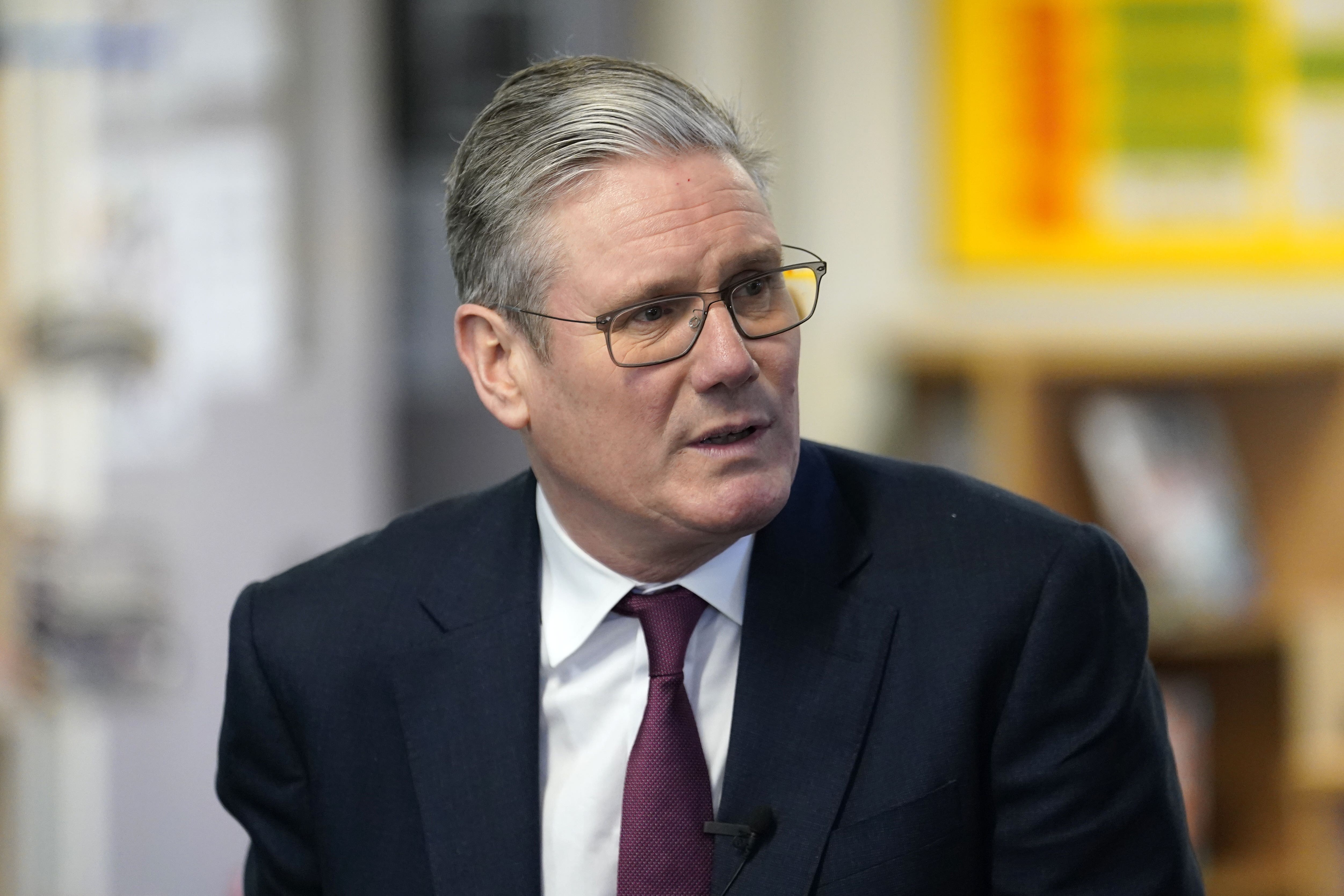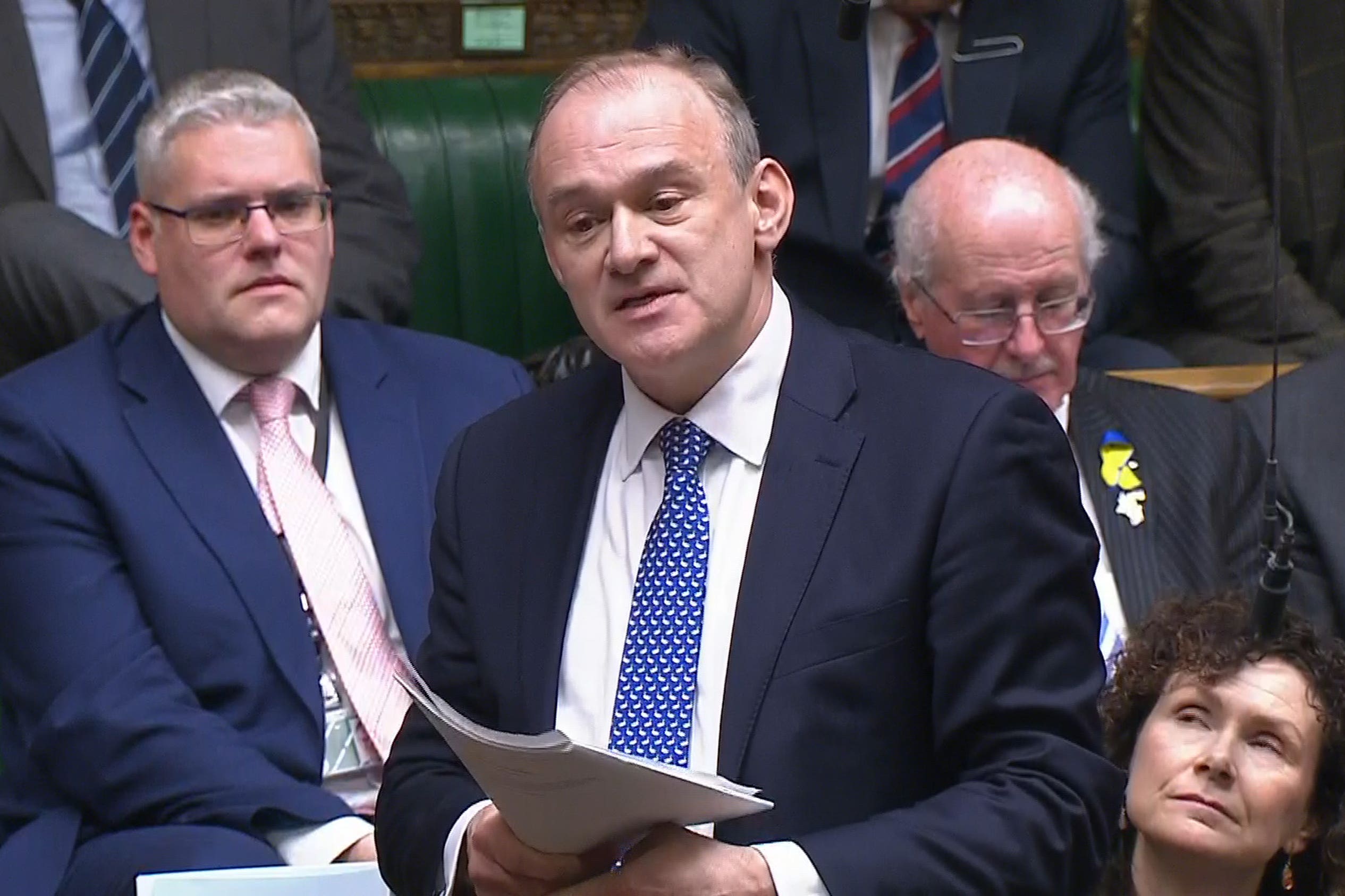Senior Tories set to lose seats at next election as support in rural strongholds collapses
Support for the Conservatives among England’s rural voters has collapsed since 2019 with many high profile MPs at risk of losing their seats
Your support helps us to tell the story
From reproductive rights to climate change to Big Tech, The Independent is on the ground when the story is developing. Whether it's investigating the financials of Elon Musk's pro-Trump PAC or producing our latest documentary, 'The A Word', which shines a light on the American women fighting for reproductive rights, we know how important it is to parse out the facts from the messaging.
At such a critical moment in US history, we need reporters on the ground. Your donation allows us to keep sending journalists to speak to both sides of the story.
The Independent is trusted by Americans across the entire political spectrum. And unlike many other quality news outlets, we choose not to lock Americans out of our reporting and analysis with paywalls. We believe quality journalism should be available to everyone, paid for by those who can afford it.
Your support makes all the difference.Labour will beat the Tories in the most 100 rural constituencies in England, according to a shock new poll.
The poll found Conservative support had fallen by 25 points since the 2019 election, with just 34 per cent of voters in the 100 most rural constituencies in England saying they would vote for the party.
The Conservatives currently hold 96 of the 100 most rural seats, but now face losing more than half to Labour and the Lib Dems, including those of senior Tories Jacob Rees-Mogg, Jeremy Hunt, Thérèse Coffey, Andrea Leadsom, Mel Stride, Mark Harper and Liam Fox.
Labour support has risen over the same period, going from 20 per cent in 2019 to 37 per cent at the start of this year – giving the party a narrow lead in what has traditionally been considered Conservative territory.
But while the survey suggests Conservative support has collapsed in the party’s heartlands, many rural voters are still “politically homeless”, with almost 35 per cent of respondents still undecided about how they’ll vote.

Victoria Vyvyan, president of the Country Land and Business Association (CLA), which represents 28,000 rural businesses and landowners, said the poll makes it clear that rural voters up and down the country feel “disconnected from central government”:
“This poll makes it clear that rural voters up and down the country feel politically homeless and disconnected from central government – but their votes are still up for grabs. Whichever party produces a robust and ambitious plan for growth in the rural economy will undoubtedly secure support.
“For the good of our rural communities and the nation as a whole, now is the time for the main parties to make it clear that they will back the countryside.”
Support for the Liberal Democrats has remained largely unchanged, with 14 per cent saying they would back the party – down only two points from 2019.
But the poll, carried out by Survation on behalf of the CLA of more than 1,000 people, also shows neither of the main parties is seen as understanding or respecting rural communities.
Only 28 per cent said they thought Labour understood rural communities, while 25 per cent said the same about the Conservatives.
The CLA has put forward a series of “missions” for parties to show they understand rural voters, including investing in profitable and sustainable farming, providing affordable homes for rural communities, tackling rural crime and improving connections for rural areas.

Ms Vyvyan told the PA news agency: “Our vote is there for the taking, and they need to show us that they understand and respect our community.”
She added: “We feel invisible. I spoke to a small farming group in West Cornwall and the question that was asked was why are governments not interested in our community? Why are they interested in everyone else’s community except ours?
“We are politically homeless.”
Rural dissatisfaction has led to protests by farmers in other parts of Europe, such as France and Spain, while Welsh farmers have warned of “huge unrest” over plans by Cardiff to reform agricultural subsidies to reward “sustainable” food production.
But Ms Vyvyan played down the possibility of similar unrest in England, saying farmers were “well set” on the way to agricultural transition, adding farming minister Mark Spencer and Environment Secretary Steve Barclay had “produced very good rates” for payments.
The current government is committed to spending an average of £2.4 billion a year on the farming budget in England across this Parliament, and has spent less than that in each of the last two years. It needs to spend at least £2.7 billion this year to hit its own target.
